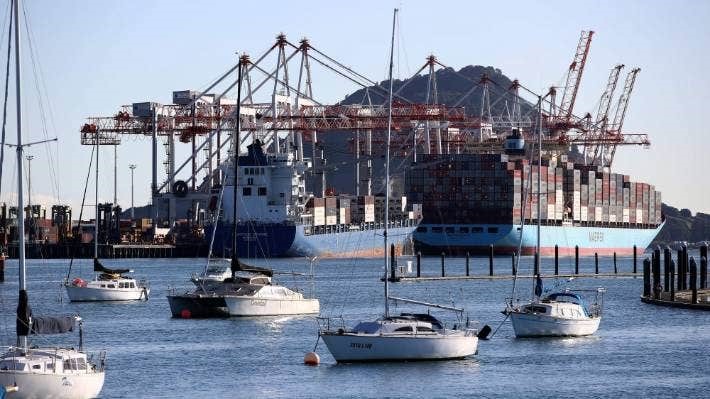Pulling a sickie isn’t a new phenomenon. But it can create a whole host of additional issues in a post Covid-19 world.
 In the midst of New Zealand’s “second wave” of Covid-19, the media recently reported on a worker at the Port of Tauranga who claimed to have Covid-19, when he did not.
In the midst of New Zealand’s “second wave” of Covid-19, the media recently reported on a worker at the Port of Tauranga who claimed to have Covid-19, when he did not.
The claim was quickly identified as a hoax and there were reportedly no interruptions to the port as a result of the claim. Port of Tauranga Limited has stated that the worker was an employee of a contractor, and that it would be dealt with by the contractor because they were the employer.
No further details of the incident have been reported, including why the employee would make such a claim. From the reports, it does not appear to be a case of a false positive or mistake.
Unfortunately, the port worker is not alone with his claims. Numerous media reports from around the world describe instances of employees lying about a Covid-19 diagnosis.
Several months ago an American man was charged by local authorities for defrauding his employer after lying about contracting the disease and using a fake doctors note to evidence his claim.
Atlanta Prosecutors for the case said that as a result of the employee’s lie, the company closed the premises for deep cleaning and quarantined four employees, costing the business over US$100,000.
There were also reports from a different US state of a restaurant that closed for two days after a busboy lied about having Covid-19 to get a day off. The employer referred the matter to the police. Similarly, in Canada, an 18-year-old McDonald’s worker was criminally charged after allegedly using a fake doctors note diagnosing her with Covid-19 in order to get out of work.
In New Zealand, there have been no reports of police prosecutions or other litigation against people wrongly claiming to have Covid-19. So if an employee does tell such a lie, what can their employer do, particularly if they suffer significant loss?
In New Zealand, employees are entitled to five days of sick leave per year to use if they, or a dependent, are sick or injured. Use of this leave wrongly, for other reasons, can justify dismissal.
The Employment Court considered the issue of an employee of a charitable trust who took sick leave for an injured leg and was pictured at a sporting event. When the employer had suspicions that the employee had been dishonest about his sick leave, the employee was not helpful in providing explanations, and was subsequently dismissed.
The Employment Court upheld the dismissal and noted that misuse of sick leave entitlements “may constitute serious misconduct in employment depending on all the relevant circumstances”.
But lying about having Covid-19 has far broader implications than lying about an injury.
If an employee informs their workplace that they have Covid-19, the Ministry of Health advice is that the business isolate spaces where the employee has been and ensure cleaning is undertaken.
Furthermore, close-contact staff should isolate for 14 days, and finally the employer should consider store or site closure. The costs of these measures can be substantial to a business, and disciplining or even dismissing an employee will do little to mitigate these costs.
The Employment Relations Authority has jurisdiction to award damages against an employee for breaches of express or implied terms of their employment, where the employer suffers loss.
There have been a number of cases over the years where an employer successfully obtained damages against an employee for breach of contract. These involve issues like wrongly using the employer’s confidential information, wrongly working for a competitor, and wrongly soliciting clients. The damages awarded in these cases range from thousands of dollars to potentially millions of dollars.

